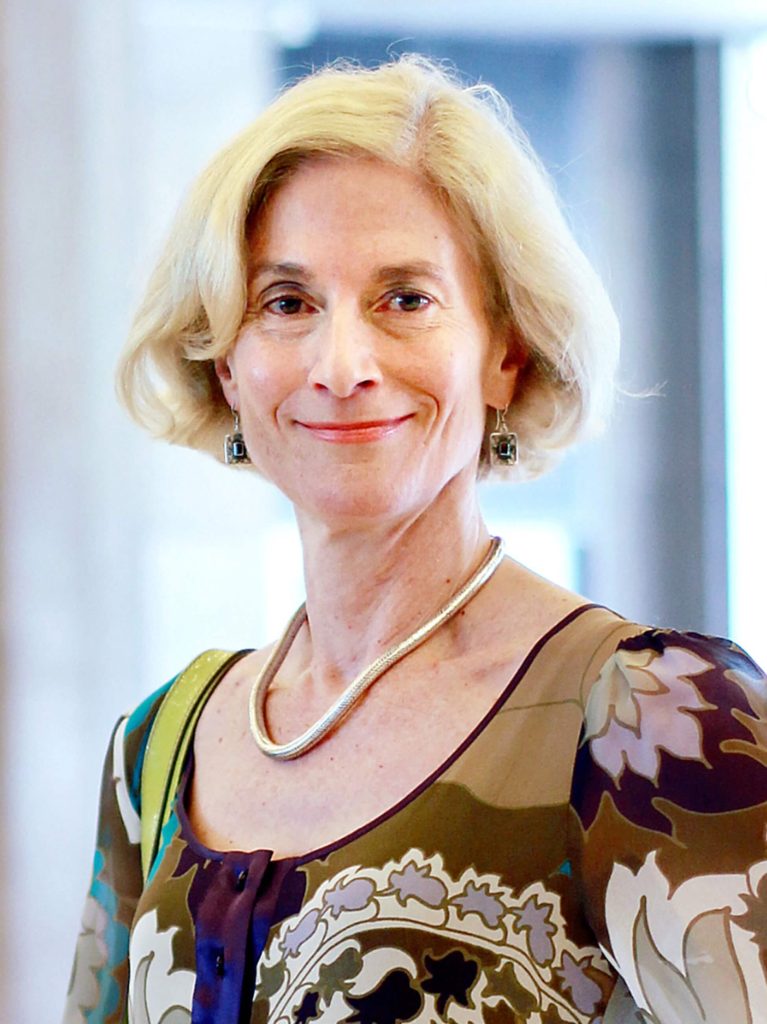Philosophy and Medicine
My practice Eudaimonia
As a physician, I appeal to diagnostic and therapeutic tools that comply with the current state of science and practice. As a philosopher, I work with you to analyse your thoughts and beliefs and map your self-image, your image of man and your worldview. Together, we draw on the rich philosophical tradition and hold up new ideas that may offer a solution to the problem you are struggling with. As a lawyer, I am particularly in touch with the ethical and legal rules in our society and can help formulate concrete, workable solutions.
- The aim is to solve concrete problems and initiate change processes as well as discuss existential issues.
- Goal is to promote ‘eudaimonia’ (= ‘human flourishing’).
“The central motivation for philosophizing is the urgency of human suffering, and the goal of philosophy is human flourishing, or eudaimonia.”
Martha Nussbaum (b. 1947), The therapy of desire: p. 15.
What is Philosophy?
The term ‘philosophy’ comes from the Greek and means to covet wisdom, hence the term ‘philosophy’. Important here is the word ‘covet’. One can only covet wisdom; one can never possess it.
The Greek philosopher Aristotle (384-322 BC) distinguishes three areas of philosophy: the use of reason (logic), being (physics and metaphysics) and man’s actions (ethics). While physics (reality), metaphysics (the ‘ground’ of reality) and ethics belong to the fields of enquiry of philosophy, logic is a philosophical tool for ordering, interpreting and analysing thought.


Medicine
Hippocrates and Galenus occupy an important place in the history of Western medicine. Claudius Galenus (129-216 AD) wrote a work Ὅτι Ἄριστος Ἰατρός καὶ Φιλόσοφος (‘That the best physician is also a philosopher’).[1] In this work, he argues that the physician should be versed not only in physics but also in logic and ethics. Applying the rules of logic is necessary to arrive at the right diagnosis and treatment. And a moral compass is important to always put the patient’s interests first.
In my practice, we take this further. The tools of logic are used intensively and all the possibilities of ethics are actively explored in order to -together with you- analyse problems and work out appropriate solutions. Both thinking (logic) and acting (ethics) are addressed.
Logic in practice
The word (‘Logos’ in Greek) is what makes human beings human. When we are born, we hear the people around us. We listen and internalise what they say. As we grow up, our circle widens, we meet other people and hear other ideas. We also learn to read, which means we are no longer bound by time and space.
In earlier centuries, special attention was paid to teaching proper use of language. Grammatica (the art of grammar), rhetoric (the art of persuasion) and dialectics (the art of conversation) were part of the student’s regular curriculum.
Language is not only the vehicle for our communication with others. We use language also when we talk to ourselves (‘self-talk’). We are constantly talking to and within ourselves. Only when we are ‘mindful’ can we manage to put the maelstrom of our thoughts ‘on hold’ for a while.
Words are used to express thoughts and beliefs. Therefore, it is important to use words carefully. By analysing thoughts and beliefs, we can uncover fallacies. Correcting these errors can lead to new insights. Confronting our thoughts and beliefs in conversation with others can also trigger new insights. And new insights can have an effect on our feelings and behaviour.
Ethics in practice
Ethics deals with how to act as human beings in this world.
The history of philosophy offers insight into a wide range of images of man and world views, with their corresponding, often widely divergent values and norms.
Values and norms are place- and time-specific. They are culturally determined and change over time.
Testing ethical insights allows you to analyse your self-image, your image of man and your worldview and adjust them if necessary. Your image of man and worldview are strongly influenced by the society you live in. That society elevates a number of ethical rules to rules of law that you are expected to follow. By sharing my legal knowledge, I may be able to help you improve your concrete living conditions, which can contribute to your mental well-being.

Practical philosophy
Philosophy can be applied in practice in various ways.
Philosophy can help in the search for the ‘good life’. Stoicism and Epicureanism can offer inspiration in this regard.
“It is not the things themselves that disturb people, but the judgements that they form about them.”
Epictetus (50-130 A.D.), Encheiridion: 5
Philosophy can also be used to question your image of man and your worldview (and your self-image). Nietzsche argues that THE truth does not exist and that we have to create our own narrative. Existentialist philosophers like Kierkegaard, Heidegger and Sartre call for shaping one’s own existence, in freedom and responsibility.
Furthermore, philosophy can be helpful by focusing on the language being used (cf. Wittgenstein). Words and phrases have a meaning that is determined by the context in which they are employed. Critical analysis of language can help solve problems.
Finally, the rich history of philosophy can be called upon to test thoughts and beliefs. The introduction to other views of man and the world can serve as inspiration to question and adjust your own view of man and the world.
My goal as a therapist (‘philosophical practitioner’) is to help you examine your beliefs and values, explore your relationship to yourself and others, and confront your existential fears and doubts.
The finality of my practice is to contribute to your ‘eudaimonia’ (‘human flourishing’).
American Philosophical Practitioners Association: appa.edu
[1] Eichholz, D. E. “Galen and His Environment.” Vol. 20, no. 59, Greece & Rome, 1951, p. 66.